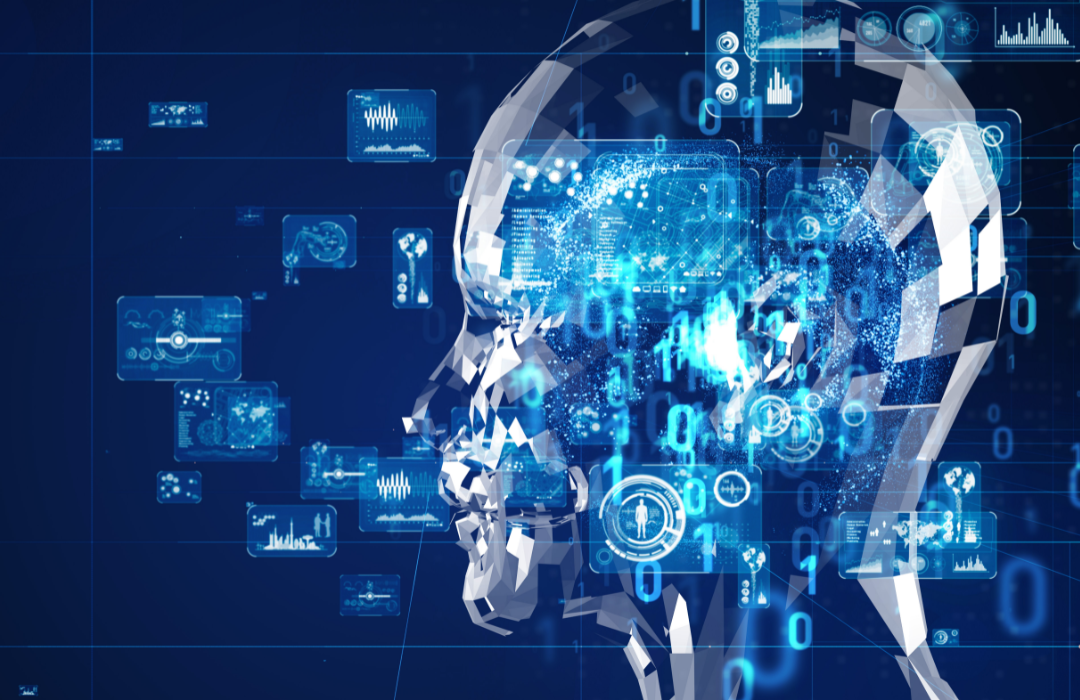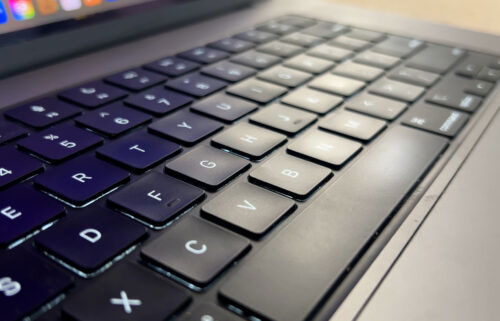Here's why 61% of Americans think AI could spell the end of humanity

Canva
Here’s why 61% of Americans think AI could spell the end of humanity
Conceptual design for artificial intelligence.
Are we on the brink of an AI apocalypse? According to a recent survey, most U.S. citizens share Elon Musk’s concerns about the potential threat artificial intelligence poses to humanity’s future.
What Happened: A majority of Americans, 61% to be exact, believe that the fast-paced growth of AI could endanger the future of humanity and over two-thirds expressed concerns about its potential negative impacts, reported Reuters, citing a survey conducted by Ipsos.
As per the findings, the proportion of U.S. citizens who anticipate negative consequences from AI is three times higher than those who don’t, with 61% of the 4,415 adults surveyed expressing concerns over the potential hazard of AI and only 22% disagreeing. Rest 17% of the people were uncertain.
The aforementioned online survey was conducted between May 9 and 15, which included 4,415 U.S. adults and has a credible interval with a margin of error of plus or minus two percentage points, the report stated.
Why It’s Important: Landon Klein, director of U.S. policy of the Future of Life Institute, which is behind the “open letter” demanding a six-month pause in AI research “more powerful” than OpenAI’s GPT-4, said that the poll’s findings show that “a broad swath of Americans worry about the negative effects of AI,” the report noted.
“We view the current moment similar to the beginning of the nuclear era, and we have the benefit of public perception that is consistent with the need to take action.”
Musk, who co-founded OpenAI in 2015, along with Apple co-founder Steve Wozniak and over 1000 others, signed an open letter. Although Musk’s intention behind signing the letter has been questioned, considering the tech billionaire’s plans to launch his own chatGPT-rival called “TruthGPT.”
Benzinga research has found that the exponential growth of OpenAI’s chatGPT has made AI a ubiquitous part of everyday life, leading to a surge of interest in the field and sparking an AI arms race between tech giants like Microsoft Corporation and Alphabet Inc., eager to showcase their own AI breakthroughs.
In May 2023, Geoffrey Hinton, who recently left his job at Google citing the need to talk more freely about the risks posed by AI, stated that risks posed by AI to humanity could be more pressing than those of climate change.
However, others like the godfather of virtual reality, Jaron Lanier, Bill Gates and Jürgen Schmidhuber, once described as the “Father of AI,” disagree with the sentiment.
This story was produced by Benzinga and reviewed and distributed by Stacker Media.
![]()






